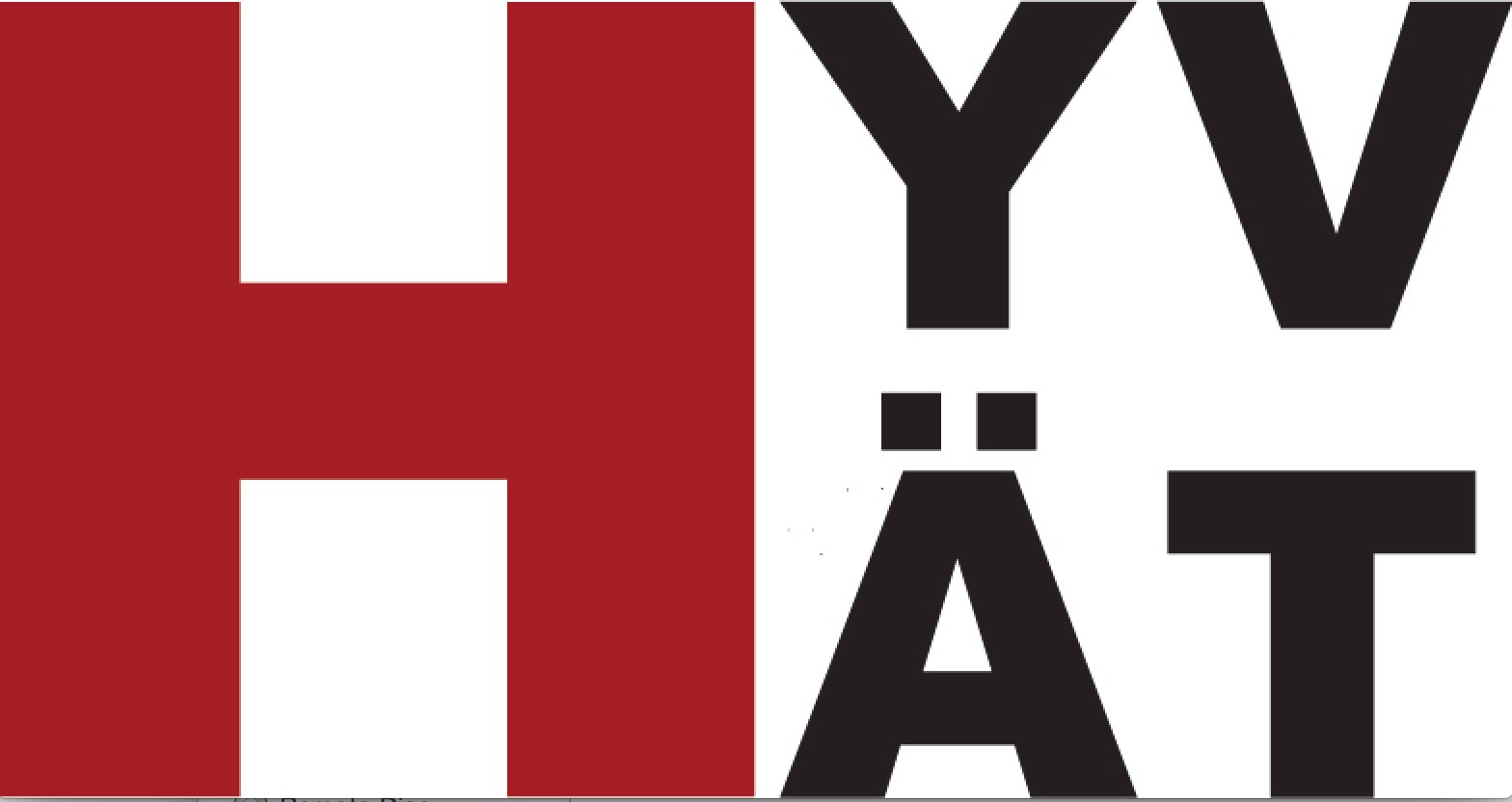In mid-November HYJO went to the autumn seminar of the Council of Finnish Foundations (Säätiöiden ja rahastojen neuvottelukunta) which had the improvement of research funding as its topic. To sum up the good news, we think it’s great that the foundations are interested in improving research funding, because there surely is much that could be done in this respect. Below you find a short resume of the discussion at the seminar – feel free to comment if you have any good ideas about how funding could be improved!
Dos. Allan Tiitta presented the values of the foundations, and said that they seek to: 1) supplement research funding and ensure the continuity of research; 2) develop higher education; 3) support new ideas and diverse research – public funding often supports projects that produce products of different kinds, whereas foundations also supports basic research, 4) support international connections; 5) support pluralism, flexibility and independence; and 6) find the most talented researchers.
Interesting especially for us PhD students is the fact that in the 2000s 9/10 PhD students were working on private grants instead of university funding.
Dos. Tuomas Heikkilä (director of the Finnish institute in Rome) talked about “The value of humanities research in Finland”, a pamphlet he recently wrote with Ilkka Niiniluoto. You can download the book for free here. The point he made was that among Finnish research, humanities are ranked the highest, according to the QS and world university ranking. In addition humanities are also highly valued in Finnish society. In other words, there is no reason why humanities research should be regarded as anything but top notch! According to Heikkilä humanities researchers have a lot to give when complex contemporary challenges need to be solved, because humanities can offer tools for forming a more tolerant and democratic society. Therefore he argued that researchers should reach out to society much more than they do, in order to make themselves heard. In practice this means both popularising research and taking a more active part in decision making in society.
Dos. Leena Suurpää, director of the Finnish Youth Research Network, also pointed out each researcher’s responsibility and right to act also as a citizen, because: 1) doing science is power: 2) doing science is politicized; 3) scientists are non-governmental actors; and 4) science is not detached from society. In addition, she pointed out how problematic it is that the opinion of an individual citizen and the research-based position today are likely to receive the same weight in media. For all these reasons it is important that researchers engage in civic activities more than they now do.
In accordance with these points she hoped that foundations would fund research projects that widen our worldviews, and strive to safeguard the freedom of expression of scientists. Also foundations could allow new kinds of cooperation between the fields of science, art and social boundaries; support the “knowledge- activism” of researchers; and not punish researchers for working also outside of academia.
Also Reetta Räty, who has worked as a journalist in a research group, talked about the importance of making the research results understandable more broadly in society. She too pointed out that we, the researchers, need to find ways to affect the level of public debate so that scientific knowledge is not treated as any other opinion, but as science in both media and decision making.
Prof. Anu Koivunen, university of Stockholm, talked about the best practices of research funding in Sweden and what we could learn from them.
The main difference between the Swedish and the Finnish system is that in Sweden all doctoral students are full members of the academic community. When doctoral candidates are accepted, they are employed for their entire post-graduate studies, with all regular employee benefits – no wonder Koivunen described it as “the world’s best job”. In Sweden training of researchers by poorly-financed or part-time doctoral student positions is seen as a demerit for the university. The consequence of this system is that there are a much fewer doctoral students compared to Finland, which is not an entirely good thing. In comparison with the Finnish, fragmented research funding (of especially PhD students) the Swedish system does however in many ways look, well, like the best job in the world.
During the discussion the same questions that had been raised by earlier the speakers were debated. Researchers whished that:
- Transitions between the scientific community and society at large would be possible, because they would facilitate the labour market of researchers
- Funding periods would be stable and long enough, because the current fragmented and short-termed funding leads to a situation where researchers apply for funding only to write new grant applications – there has to be time to do the actual research too!
- Foundations would support also teaching – research is not the researcher’s only task
- Foundations would simplify and harmonize the application processes
If you want to find out more about the Council of Finnish Foundations, check out their home page: http://www.saatiopalvelu.fi/en.html

